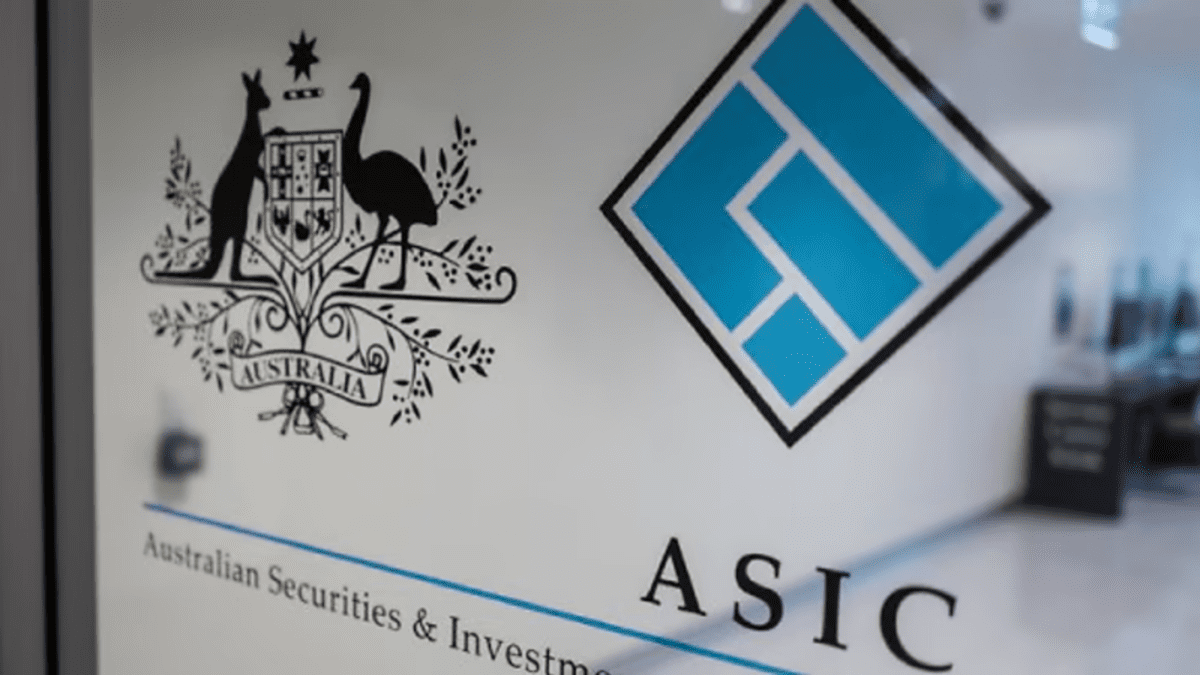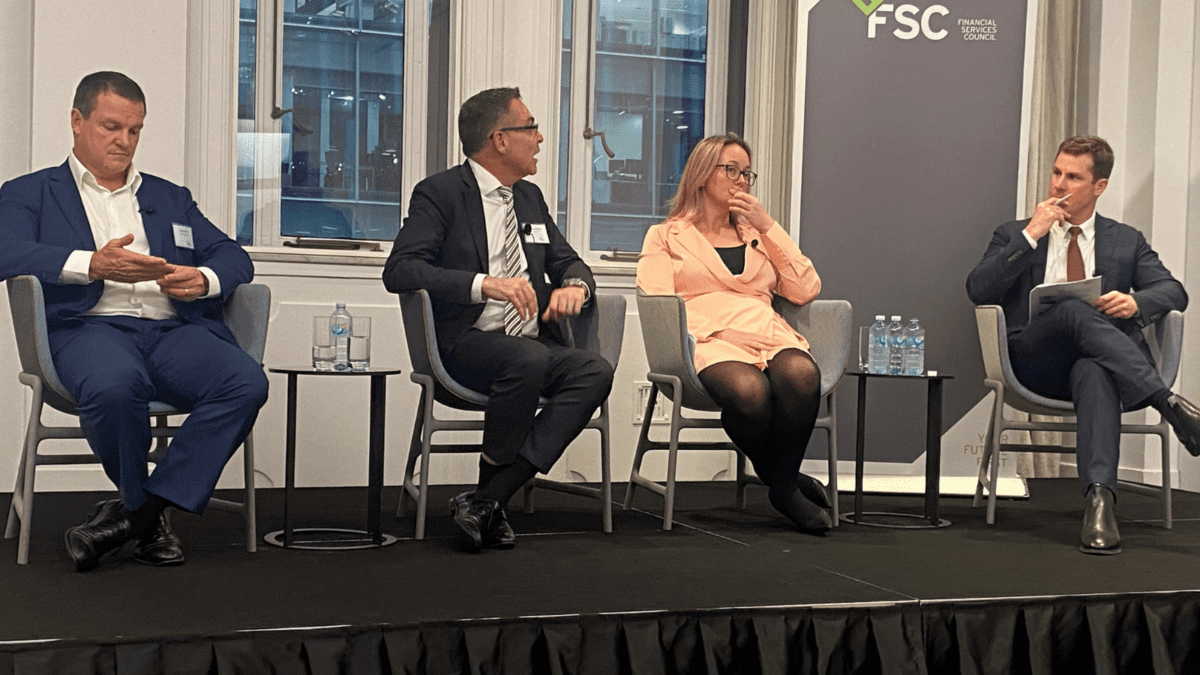-
Sort By
-
Newest
-
Newest
-
Oldest
The government now has two internal reports recommending an overhaul of the industry funding model. Yet they appear destined to sit on the shelf “gathering dust”, with the financial services minister of the opinion that recruiting more advisers will fix the problem.
The freeze order isn’t UGC’s first engagement with the regulator. It was among the first to be pinged for not meeting the Design and Distribution Obligations back in 2022.
It’s a welcome stopper on the amount advisers will have to fork out, but has no connection to the core issue. The government still fails to recognise the inherent flaws in its CSLR scheme, and the industry is running out of patience.
ASIC made no secret of its assertion that Lanterne operated purely as a “licensee for hire”, which is an ominous reminder for licensees operating with thin risk and compliance standards that the regulator is watching.
Transfer Balance Caps, Super Balance Thresholds and the rules overseeing the notice of intent to claim a tax deduction are all overly complex and could do with immediate simplification, according to SMSF Association CEO Peter Burgess.
The government will now follow through on Levy’s proposal to bring licensed financial institutions back into the advice fold, while also agreeing to “modernise” the Safe Harbour Steps and swap SOAs with “advice records”.
The government’s position on what to do with the Safe Harbour Steps is no longer clear, but the chances of seeing it supplanted by the existing Code of Ethics are slim according to the FAAA’s policy chief Phil Anderson.
Even with a lightened agenda, the government failed to finish its homework and instead delivered only a portion of the first tranche of advice reforms. It’s a poor return, and at this rate the advice review could be a ten-year project.
Financial services minister Stephen Jones has accepted 14 of Michelle Levy’s 22 recommendations to increase advice access, with super funds set to play an expanded role and advisers benefitting from a drastic cut to red tape. Banks and insurers, however, have had their advice reform hopes dashed – for now.
On what was set up as a discussion around the proposals put forward by the Quality of Advice Review, the topic repeatedly shifted to the frustration providers felt at not being able to work with ASIC to bring compliant solutions to market.
The new association will be branded with its key purpose – providing a unified voice representing advisers – reflected in speech bubbles over the ‘A’s in its name.
The respected lawyer will not see out his contract with the corporate regulator after accepting a role in the commercial sector.
















